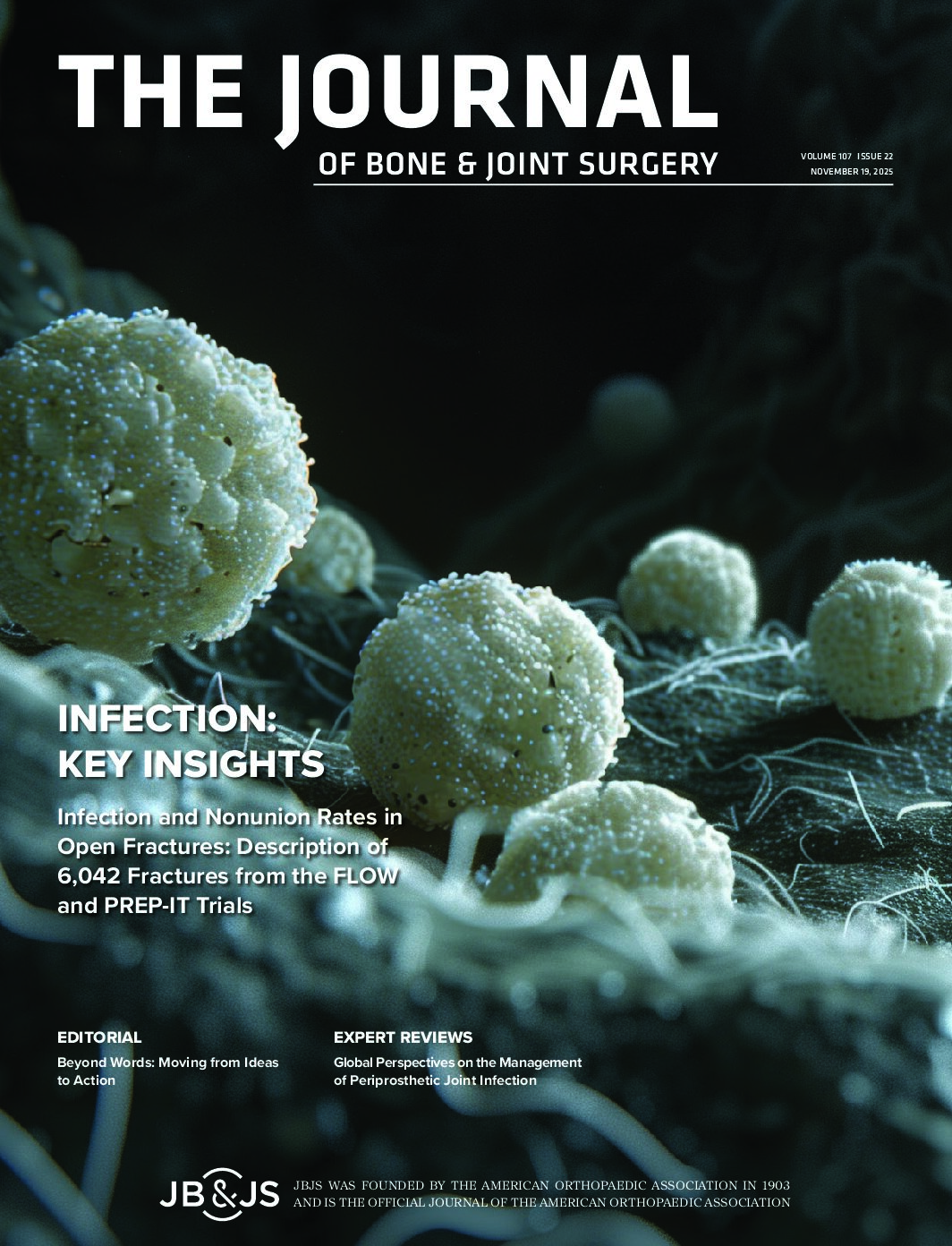Along with the sharply rising number of total hip and knee arthroplasties performed in the US comes an increasingly compelling need to prevent periprosthetic joint infections (PJIs). If a PJI occurs, guidelines recommend a two- to six-week post-revision course of pathogen-specific intravenous antibiotic therapy. However, the benefit of chronic suppression with oral antibiotics beyond that is unproven.
In the August 5 edition of The Journal of Bone & Joint Surgery, Siqueira et al. compared the infection-free prosthetic survivorship in 92 patients who underwent chronic oral antibiotic suppression for a minimum of six months with prosthetic survivorship in a matched cohort who did not receive extended antibiotic treatment. In so doing, they also attempted to determine factors associated with failure of chronic suppression with oral antibiotics.
The five-year infection-free prosthetic survival rate in the suppression group was 68.5% compared with 41.1% in the non-suppression group. Patients who benefited the most from chronic suppressive antibiotic therapy were:
- Those who underwent irrigation and debridement with polyethylene exchange. (Antibiotic suppression following two-stage procedures did not affect prosthetic survival.)
- Those with Staphylococcus aureus (Chronic antibiotic therapy did not influence infection-free survival after revisions for non-S. aureus infections.)
Suppression-group patients in whom antibiotic treatment failed had had more prior joint revisions and were more likely to have had a knee PJI than a hip infection.
Noting the benefit of suppressive therapy in patients who underwent irrigation and debridement with polyethylene exchange, the authors concluded that “persistence of a latent infection is common in patients with retained implants, and thus antibiotic suppression seems to be a reasonable alternative that avoids the need for a more invasive two-stage revision.”


